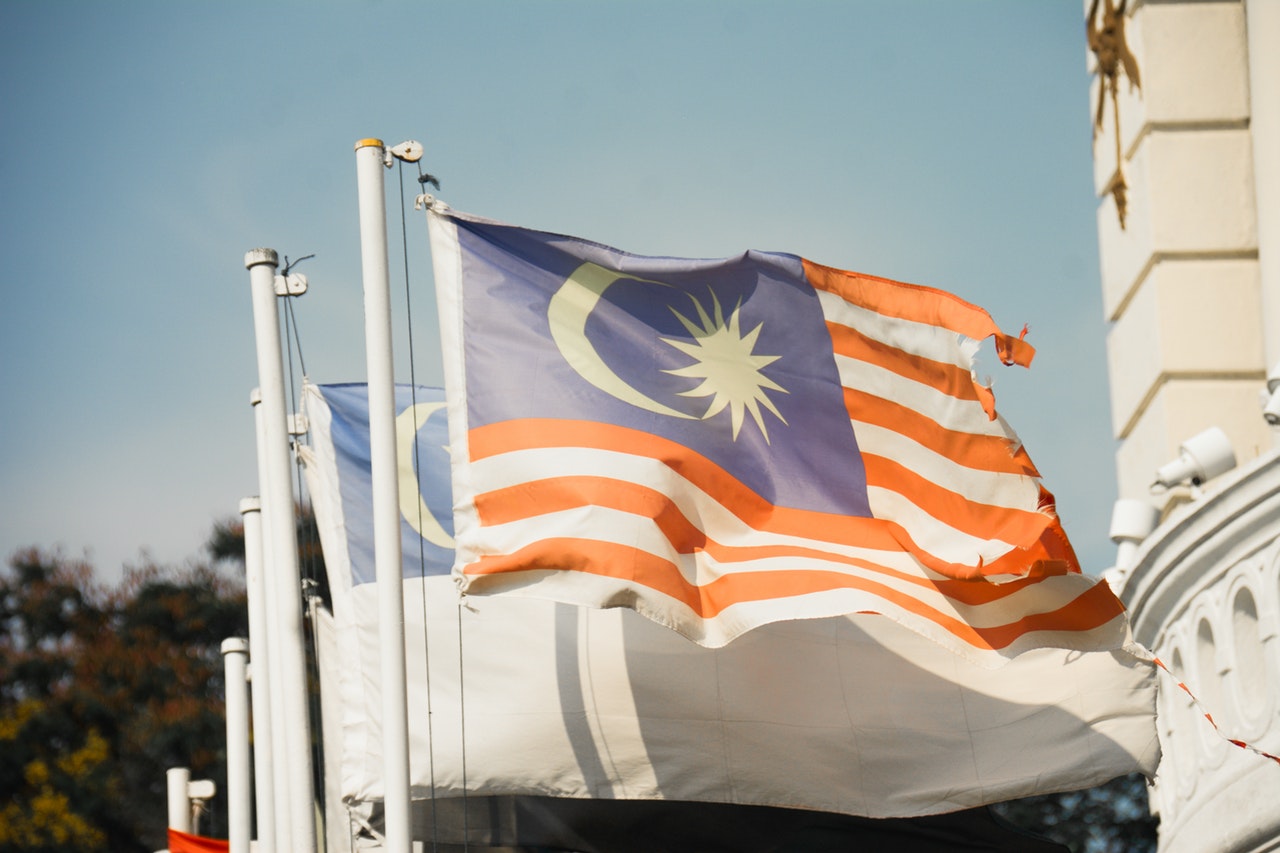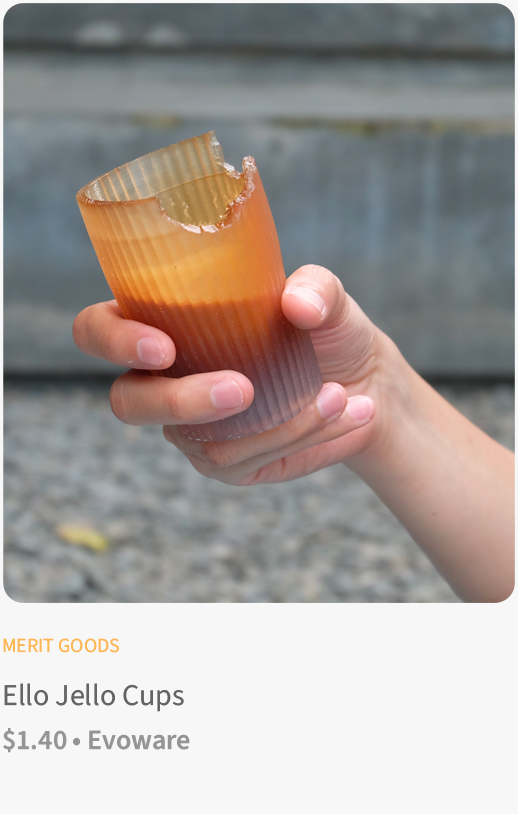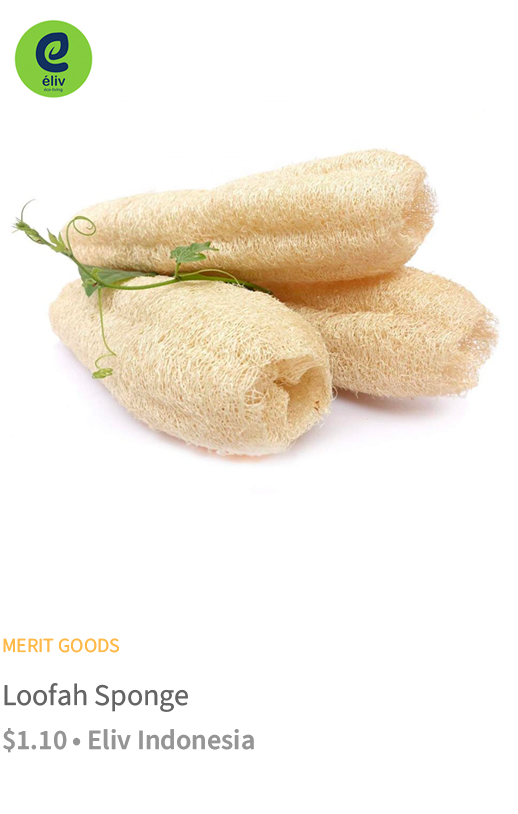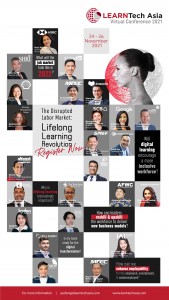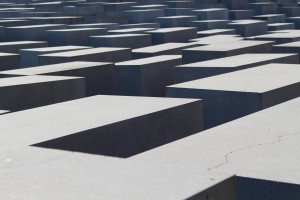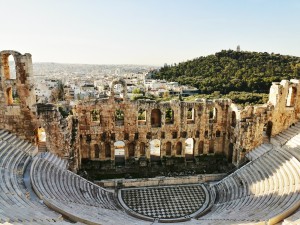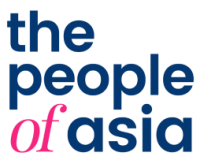The prominent change in Malaysia’s political landscape has affected the nation’s view of their identity. For 61 years, the Barisan Nasional (BN) coalition, led by the United Malays National Organisation (Umno), has ruled the country. But last year, it was shocked with a defeat by its opposition, the Pakatan Harapan coalition.
Malaysia’s political scene now goes like this: a country led by the “new Malaysia” where it campaigns for democracy and clean governance, while the opposition is a moderate turned ethnoreligious who is crawling back for support. Umno has also teamed up with who was once its arch-enemy, the Islamist Pan Malaysian Islamic Party (PAS), bringing forward Malay rights and Islam.
Now that the opposition is pro-Malay and Islam, it has manifested in calls for a boycott of non-Malay products which includes halal products that are not produced by Malays.
The opposition also spreads false stories that lead to Malays’ concern that their country is about to be taken over by the Chinese. The rising issue that the opposition is ‘defending’ has also led to accusations against Pakatan Harapan for being anti-Islam (which is a bit impossible, considering that over half of the population in Malaysia are Muslims).
The opposition, however, does not target the urbanites audience, but suburbanites and rural. Those who are relatively poor, less exposed to politics and less politically literate. The reason? This type of audience is easily manipulated and most importantly, they’re hungry.
Such strategy of putting forward race and religions’ differences have triggered the vulnerable Malays’ who suffered economic hardship and conservative Muslims to discredit on the country’s pluralism and to put forward an ethno-society’s interest (by disregarding the minorities’ interest at the same time).
Yet, despite the efforts to threaten Malaysia’s plurality, many Malaysians out there are still helping each other out regardless of race and religion.
Malaysia’s founding father Tunku Abdul Rahman understood the importance of unity for Malaysians of all races and religion. He had laid the foundation of Malaysia’s culturally diverse nation based on the spirit of compassion to one another. Those who are actually doing good things are the ones who are supposed to be highlighted.
One of them is Tan Sri Syed Mokhtar Albukhary. A Kedahan man who is also a successful businessman. Although a reclusive man himself, Syed Mokhtar has had a philanthropist calling rooted in him from what his parents and religion taught him.
It is reported that by the end of 2018, he had contributed over RM 4 billion to various causes including education, health and welfare. He has a foundation which he had started since he was 23 years old called Albukhary Foundation.
One of its educational program, Albukhary Tuition Programme, now has a network of 200 tuition centres from Perlis to Sabah, equipped with qualified teachers. Many of the students achieved examination scores above the national average. But the most gratifying achievement of this programme is when students from a remote school in Sarawak got qualified for Form 6 (a prerequisite for tertiary education in public universities) for the first time in history.
For top-performing students who lack financial support to pursue a university education, the foundation provides the Albukhary Scholarship Programme since 2005. But most importantly, Albukhary undergraduates, either scholarship receiver or regular paying students, are known for their cultural diversity.
This is what Malaysia is supposed to be: looking after one another. Tan Sri Syed Mokhtar Albukhary proved through his foundation that a compassion can start at an early age (he started his foundation at 23!) and that you don't need to screen through the God-given characteristics (race, ethnicity, etc) when you're helping out your fellows.
As a nation, Malaysians should pursue what keeps the nation together, not the other way round.


